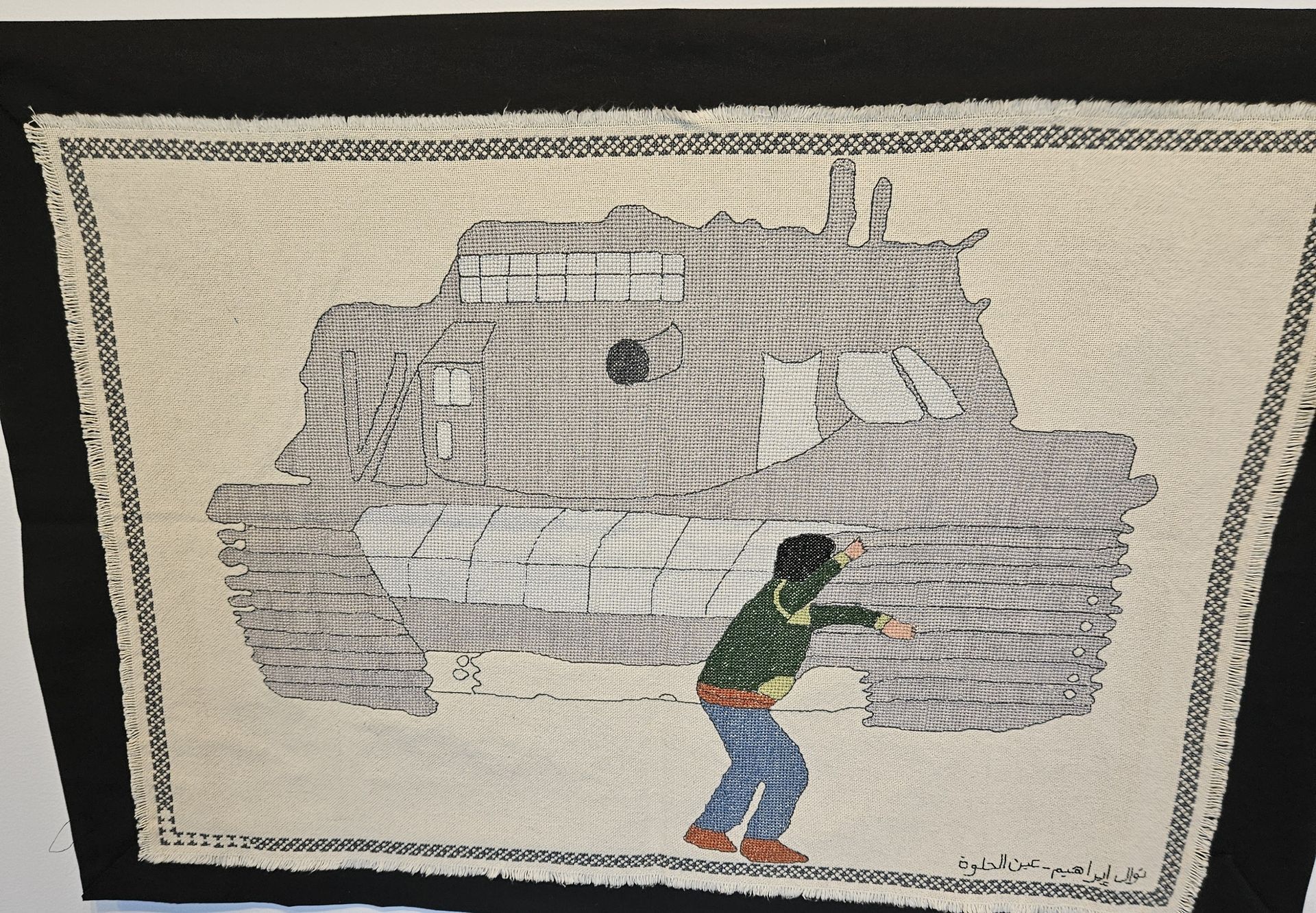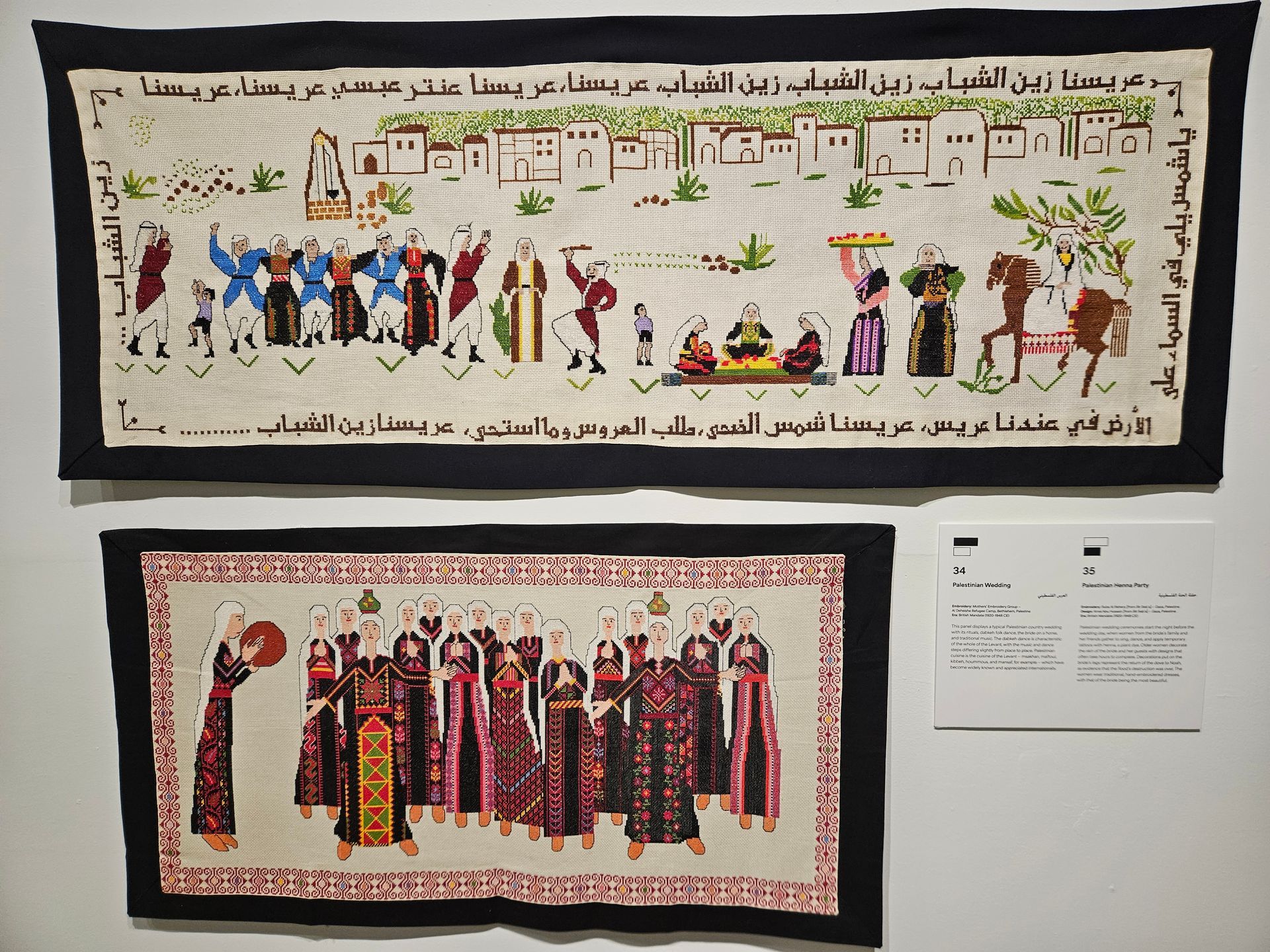
Oka, Burnt Church, Caledonia, Wet'suwet'en, New Edinburgh

How many times must this drama play out? How many times must property be destroyed, people threatened and injured, killed, and Indigenous protesters and their allies be hauled off to jail by government and court directed police?
How often has the RCMP become the enforcer of corporate interest - as in the Coastal Gaslink struggle with the Wet’suwet’en elders - as they arrest people trying to defend and assert Indigenous land and water rights?
In the current New Edinburgh, Nova Scotia crisis the RCMP didn’t know what to do? Should they arrest the Indigenous fishers for alleged illegal lobster harvesting (according to provincial legislation), for peaceful protesting; or go after the settler lobster fishers for attacking Indigenous fishers and properties?
Finally, they arrested a person for assaulting Chief Mike Sack of the Sipekne’katik First Nation and another for burning down the Indigenous lobster storage facility. Finally, the Minister of Public Safety, Bill Blair, ordered more RCMP to restore the peace. The RCMP is in a conundrum about who to pursue because government is torn between its legal duty and its actual political strategies in dealing with Indigenous issues.
Twenty-one years ago, in the Marshall case, the Supreme Court recognized the right of the Mi’kmaq First Nations to harvest a “moderate living” by trapping lobsters. Since then no regulatory system has been put in place to ensure this right is honoured. Result: the tensions between Indigenous right and settler fishers’ large scale commercial operations has yet again boiled over.
How often will the courts be used to gain injunctions against protesters defending validly claimed Indigenous traditional lands against pipelines, clear-cut logging tracts, other form of resource extraction or land occupation for housing developments?
What are we to make of the apologies the government of Canada has made to Indigenous peoples in 2008, in 2017? The more apologies, the hollower they sound as they clash with actual government actions and inaction. Talk of “reconciliation” is but talk when the talk is not being walked.
The case is clear: Indigenous peoples have an inherent right to land and resources. The Charter of Rights and Freedoms has spoken; the Supreme Court has declared repeatedly that Indigenous land and resources claims must be honoured. [read my previous post: https://www.minister.ca/restitution-for-stolen-lands-2]. “Law and order” requires the Crown and its provincial and federal governments to obey the law and negotiate in good faith with Indigenous people toward a liveable peace anchored in justice.
Federal governments – Conservative or Liberal - have not walked the talk. Thomas King’s “The Inconvenient Indian” (Anchor Canada, 2013) has all too clearly reported and the New Edinburgh fiasco has confirmed that procrastination, obfuscation, denial, aggressive litigation, manipulation have been the negotiation and courtroom tactics of governments when dealing with Indigenous legal claims.
The limitless resources of government confront and overwhelm the limited financial and personal resources of Indigenous claimants in an unequal chess "game". The never-ending pending file of government grows and Indigenous peoples are worn down to continue the suffering ways imposed by colonial and settler domination. The aim of governments is to extinguish land claims and rights, to buy out at bargain basement prices the inherent rights of Canada's Indigenous peoples. The aim of Canada's Indigenous peoples is to survive and be themselves.
Now is the time for all governments, and especially the federal tier, to obey the law! and work together with Indigenous peoples toward a society based on justice. Here are three ways to signal a new, more authentic way forward toward reconciliation with the Indigenous peoples.
1. Canada, through its Parliament and ratified by the Crown, symbolizes its intent to honour the law by the creation of the Restitution Fund. In the 1980s the department of Indian Affairs published a treaty implementation report which indicated that Canada owned Indigenous people $11.5 Trillion for land resources and treaty obligations. In the 1980s!! Imagine what it would be worth today! The Restitution Fund would be an “earnest” that Canada is serious about indigenous land claims and resources by imposing a one percent surcharge on every real estate (residential and commercial) transaction. The proceeds would be gathered in the Restitution Fund and governed and administered by Indigenous peoples for their collective benefit. A pan-Indigenous structure might be created by Indigenous peoples to represent Indigenous interests. The Fund would operate until such time as a new just dispensation about land and resources is legislated and proclaimed.
2. The government of Canada instructs its legal staff to stop aggressively resisting, delaying, negating Indigenous land and resources claims and to honour The Royal Proclamation, the Charter of Rights & Freedoms, and the precedent-setting judgements of the Supreme Court. Every ministry of government is instructed to honour previous Supreme Court judgements and, in cooperation with Indigenous representatives, bring into operation regulatory frameworks governing the responsible stewardship of land and resources.
3. Parliament creates an all-party commission to negotiate with representatives of Indigenous peoples, towards a just and equitable, mutually agreed upon way of addressing land, waters, and resources issues. The Charter, Supreme Court judgements, the report of the Royal Commission on Aboriginal Peoples (1996), the report of the Truth and Reconciliation Commission, UNDRIP, and other key documents, as well as common mutual respect, would be foundational to these negotiations. The negotiating teams would prepare legislation to be approved by Parliament and by representative Indigenous bodies.
The colonial era with the settler peoples and their corporate entities illegally occupying the lands and extracting/harvesting/plundering the resources must end. A new justice-based vision of Canada must be pursued to honour “law and order” and to foster peace. There is no peace today between the colonial-based settler society and the Indigenous peoples. New Edinburgh and all the other flash points of our mutual history call for courageous, visionary, and respectful action NOW! May it be so!

